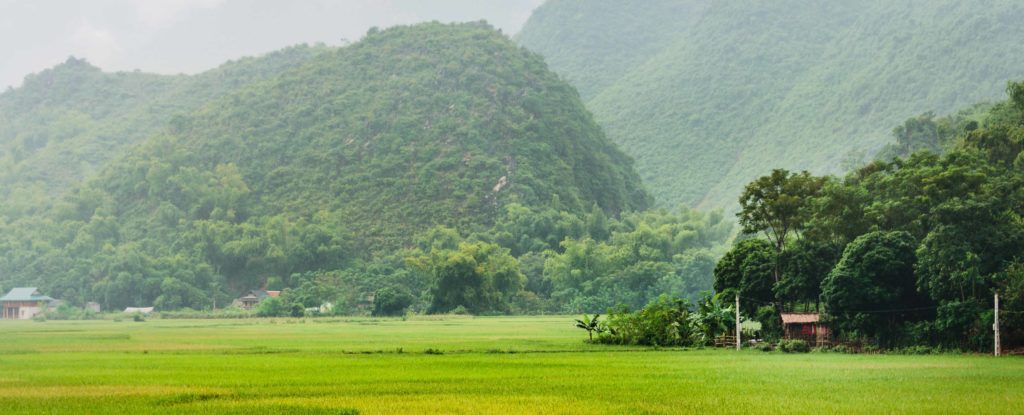The aim with this workshop is to bring together researchers with links to policy and practice, as well as representatives of organizations working in policy and practice, to share experiences regarding local level climate risks and adaptation, and the impact of natural resource policies. We believe that this issue is increasingly urgent as the international agenda for programs on climate mitigation and adaptation (including REDD and PES) is growing stronger. We hope that the workshop will help drawing attention to local level experiences in this context.
This event is a collaboration between the Themes of ”Forests, Landscapes and Food Security” and the ”Sustainable Agricultural Production and Food Security.”
The entry point for the workshop is the increasing frequency and intensity of climate related hazards like floods, storms and drought, threatening livelihoods and food security. However, policies for natural resource management (NRM) do not always support local capacities to reduce climate risks and adapt to changing conditions.
Agroforestry, and the complex ways in which forests and agriculture merge into each other, is an example of an area in which there is a mis-match between policy/institutional support and the ecological / livelihood functions at community level. Agroforestry brings many benefits to livelihoods, food-security and people’s ability to adapt to climate change. Yet, institutionally, agriculture and forestry are held separate.
The workshop will focus on community experiences of management of the landscape of agriculture and forest, and its role in securing livelihoods and supporting climate adaptation. Such as:
- What are the experiences of how NR policies influence local capacities for these purposes?
- How do institutional power dynamics influence how different groups of people have different possibilities to adapt and safeguard their livelihoods and food security?
- How can the sectoral division between agriculture and forest land be bridged?
Several processes influence the relations between NRM policies and local climate adaptation, including:
- International pressures for REDD and PES programs, protecting the forests as carbon sinks, and the introduction of new institutional mechanisms for NRM in this context.
- Increasing competition for land and forest resources for commercial purposes.
- Government processes of allocating forest land to households and communities.
Outline of workshop:
During the first day (16/5), key note speakers will introduce the core themes of the workshop, participants will be invited to present their experiences, and issues will be discussed in break out groups. The second day (17/5) will be used to synthesize issues to lift in the policy brief, and key issues for the application for a regional larger workshop.
Number of participants limited:
16 May: The number of participants day one is limited to 30.
17 May: To be able to achieve the aims with the second day the number will be limited to 15 participants with work/research experience from the thematic/geographical focus of the workshop. Contact Malin Beckman if you are interested to contribute to the write shop and discussions day 2.
Expected outcomes:
Concrete outcomes of the workshop are expected to be a policy brief and an application to organize a larger workshop on these issues in South/Southeast Asia. We also hope that the workshop will stimulate all of us participating to identify common interests, possible collaborations and research gaps.
For registration and questions, please write to Malin Beckman
